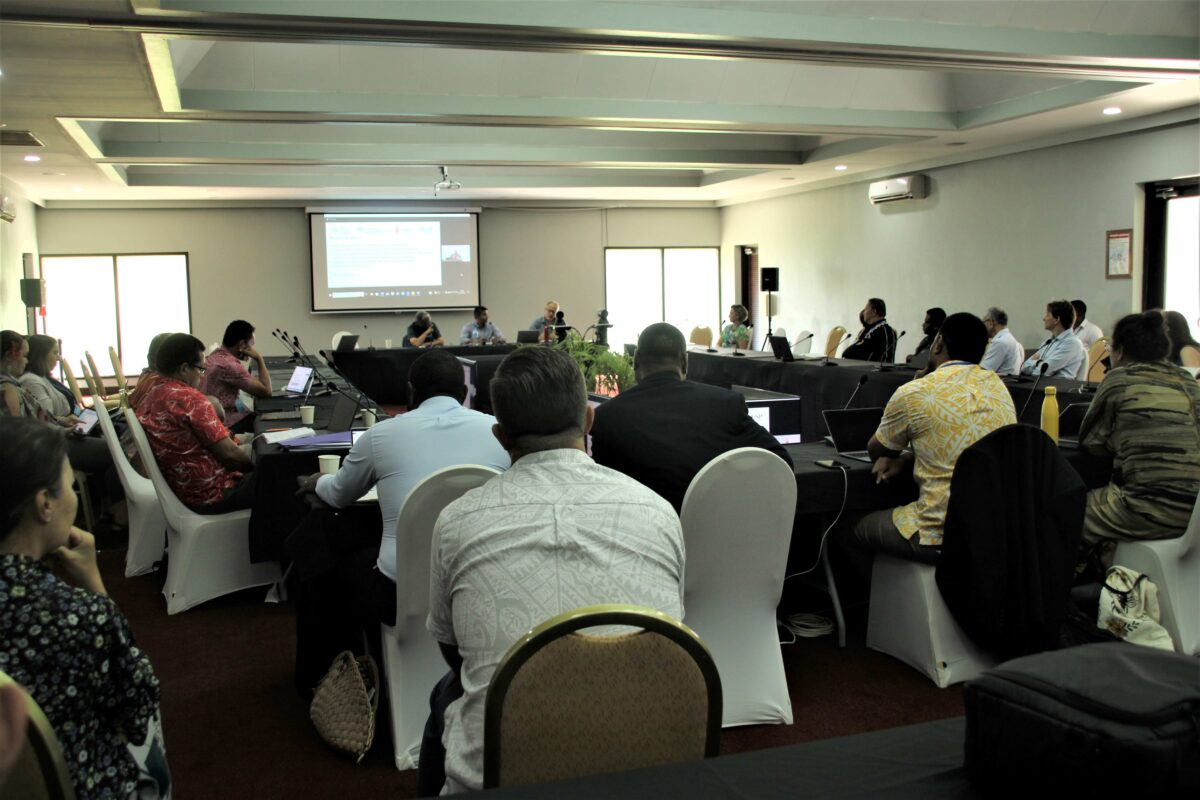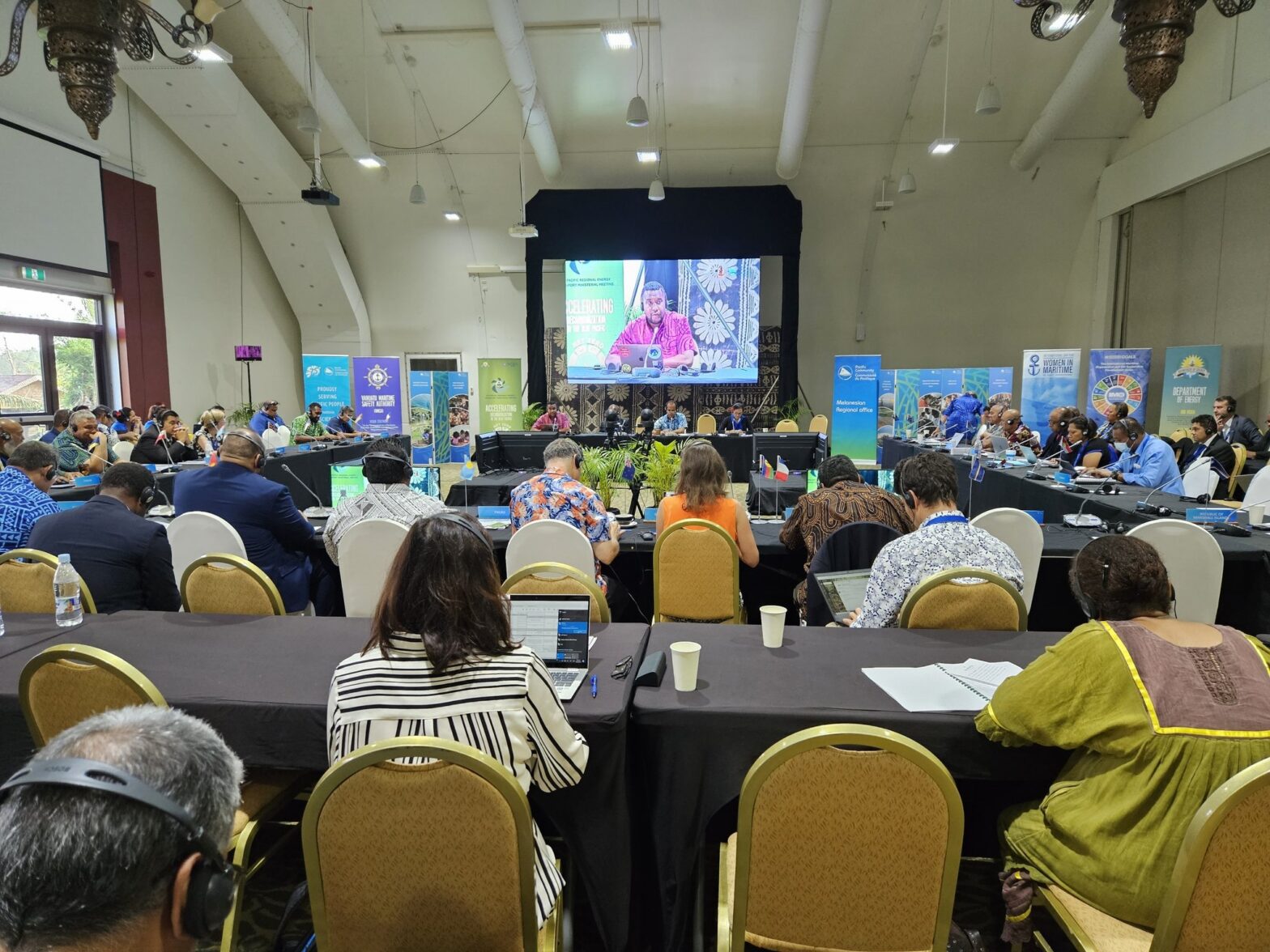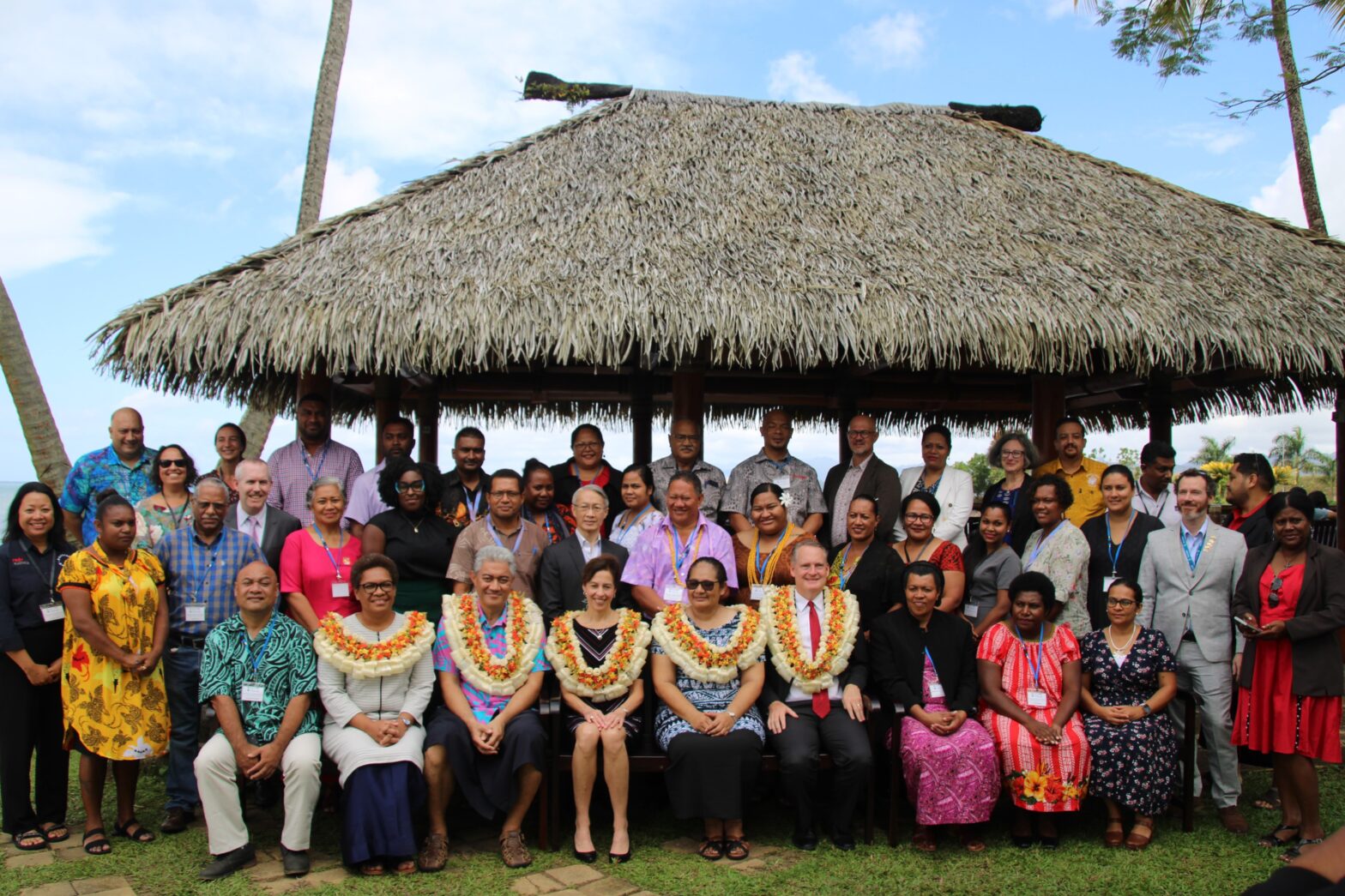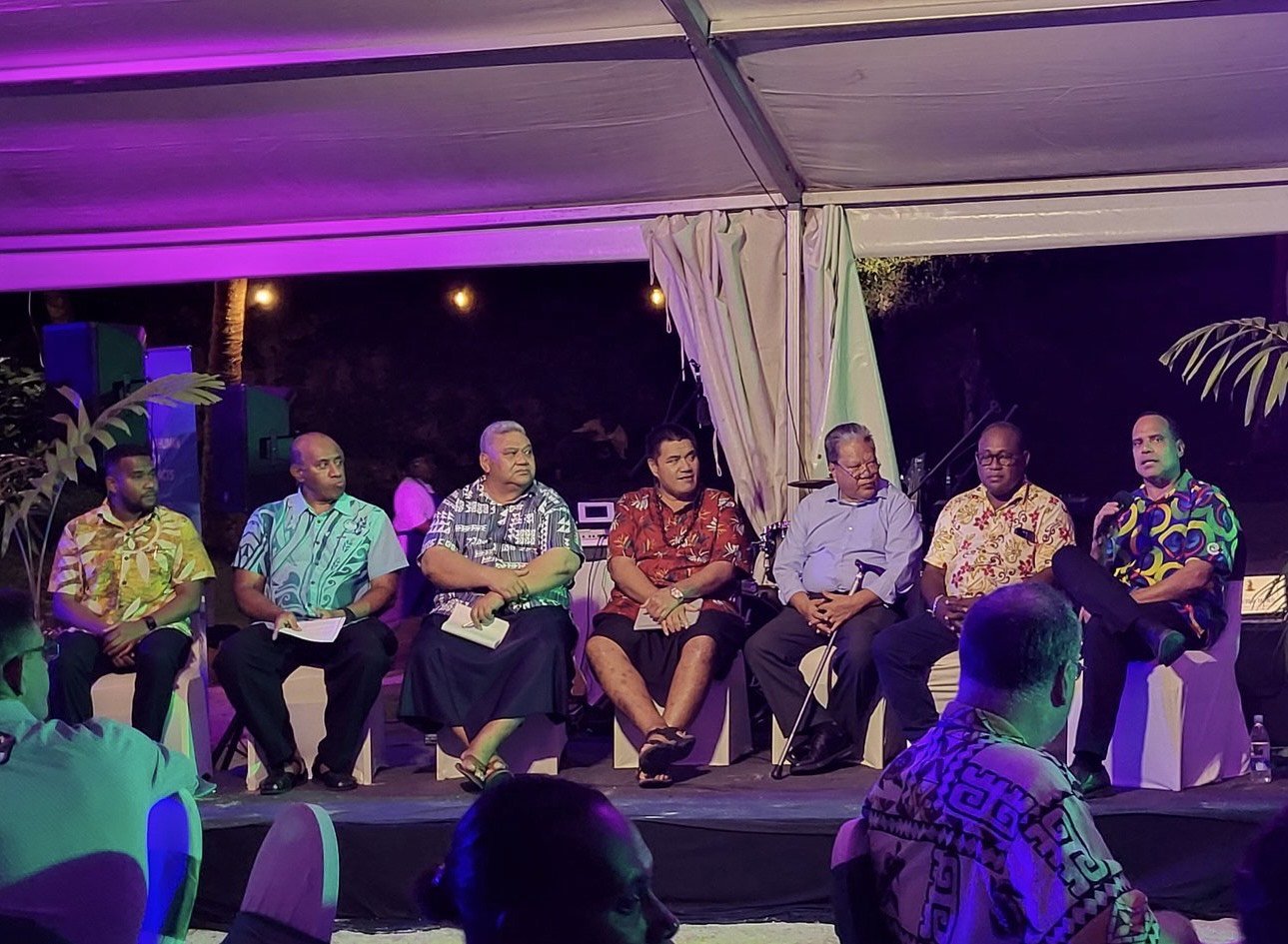Pacific Regional Transport and Energy Ministers meeting hosted by Vanuatu urged to secure an outcome that will see the energy and transport sectors rapidly decarbonize through a just and equitable transition
Vanuatu hosts energy and transport ministers from the Pacific this week to discuss how the region can reduce its almost total reliance on fossil in the energy and transport sectors, currently at 80 percent and 100 percent respectively.
The 5th Pacific Regional Transport and Energy Ministers held two months after six island nations – Vanuatu, Tuvalu, Tonga, Fiji, Niue and Solomon Islands- signed a fossil free treaty, will discuss how the region that is heavily dependent on maritime transport can reduce emissions and how it can increase energy efficiency considering the long distances between islands, the high cost of imported fuel, and limited access to capital for investment in new vessels and clean technologies.
At least 36 percent of the region’s population lacks access to electricity while 64 percent lacks access to regular energy supply.
The Pacific islands Climate Action Network (PICAN) has urged Pacific governments to secure an outcome that will see the energy and transport sectors rapidly decarbonize through just, and equitable transition.
“This meeting is an opportunity for the energy and transport ministers in the region to accelerate the efforts for a just, fair, and equitable transition away from fossil fuels,” Lavetanalagi Seru, Regional Coordinator for PICAN said. “A new Pacific tailored development pathway based on renewable energy is in the interest of Pacific Island people and communities, who are not only at the forefront of the climate crisis – resulting from the continued production of fossil fuels, but there are also large parts of communities in the Pacific that are facing energy poverty. These efforts must be underpinned by the principles of equity, justice, free and prior informed consent, and human rights, where people and communities are included and empowered in the just-transition process”.




